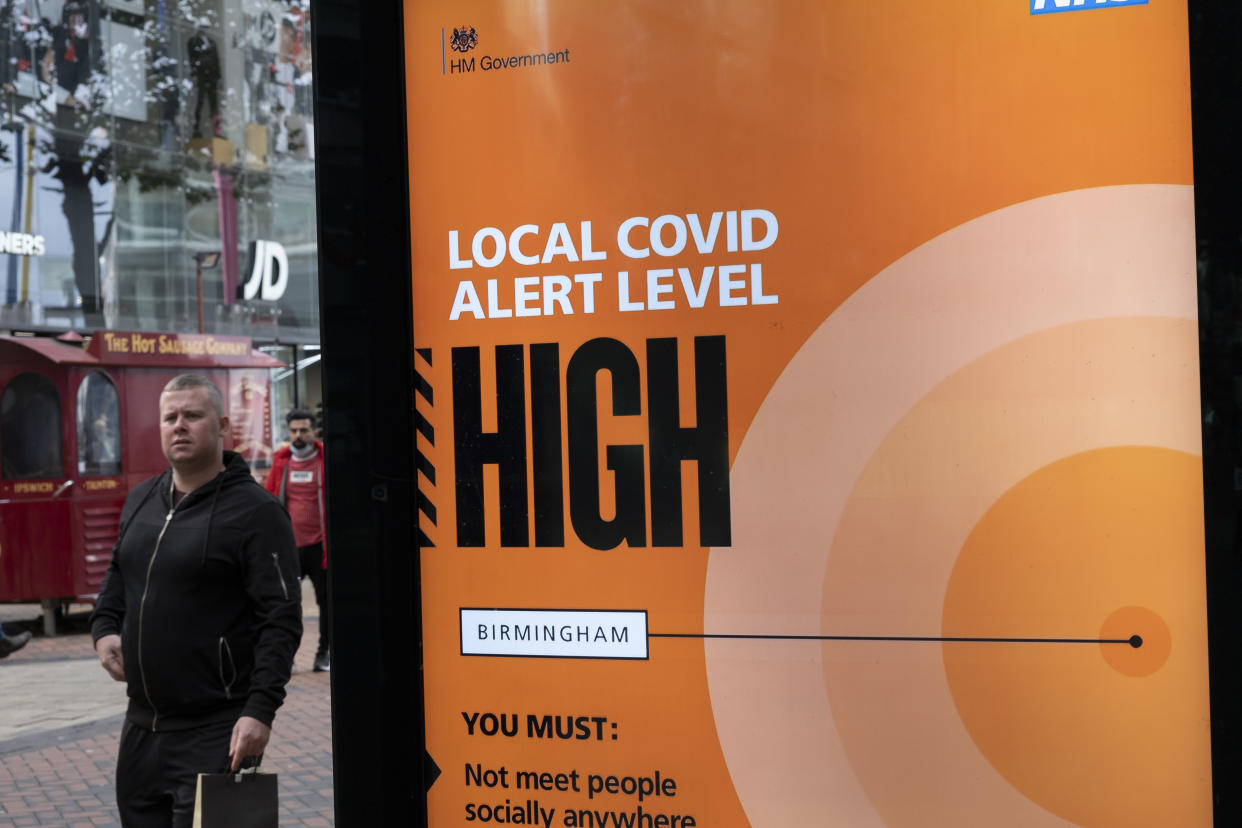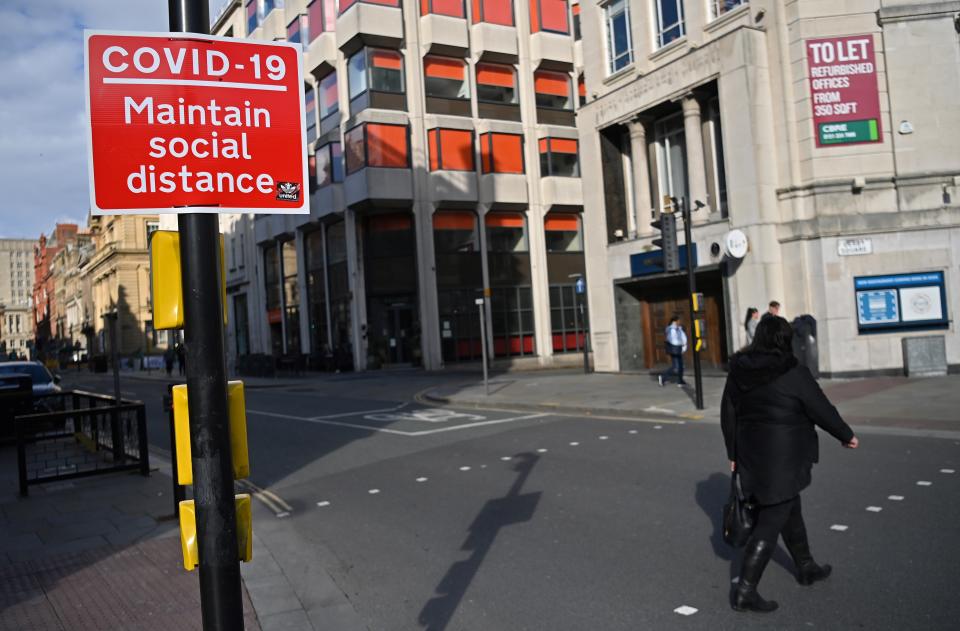'Too late' for half-term circuit breaker lockdown to now work, says SAGE expert

A circuit breaker national lockdown to coincide with half term would not be effective as ministers have “missed the boat”, a senior scientific adviser has said.
Graham Medley, a member of the Scientific Advisory Group for Emergencies (Sage), said that it was now too late for a pre-planned two-week lockdown, which would be designed to reduce pressure on the NHS while giving businesses and families time to prepare.
Sage published minutes on Monday showing that three weeks ago it had called for a circuit breaker, leading Labour leader Sir Keir Starmer to back the call.

‘We missed the boat’
Medley’s team argued that a national circuit breaker introduced on 24 October, to coincide with half term, could reduce deaths for the rest of the year from about 19,900 to 12,100.
But Medley, speaking in a personal capacity, said it is now too late to give businesses and the public enough notice for it to work as it was planned.
He told The Times: “It would be very useful epidemiologically, but [24 October] is probably too soon for people and businesses to plan effectively to reduce the most negative impacts.
“Most pubs get monthly deliveries so they need at least a month’s notice not to buy the beer that they won’t sell, etc.”
He added: “We missed the boat of making it a precautionary break for this half-term.
“But we haven’t missed the boat of it epidemiologically as a strategy.”
Medley said “the majority of people” would inevitably end up “living under much more severe restrictions” as COVID cases increase.
Watch: How have circuit-breakers worked elsewhere?
December option
While it is too late for a circuit breaker in October, Medley said having it in December could save thousands of lives in the short-term and allow the UK breathing space to control the COVID-19 epidemic.
He said: “You could even potentially add a week to the Christmas school holidays and potentially get some kind of three-week break, but the whole point is to reduce the prevalence before you actually have to do it.”
Medley said thousands of deaths could be prevented up to January with a circuit-breaker but it was accurate to say that did not necessarily translate into lives saved in the long term.

He went on: “People have said this is kicking the can down the road, and it is – you’re not saving lives.
“In the paper, we look between October and the end of the year, and what you’re doing is delaying the next wave until after January, so yes it does look as though you’re preventing (COVID) deaths in that time period, but it just means that you’ve delayed (them).”
Johnson and Starmer clash
On Wednesday, Boris Johnson clashed with Keir Starmer after the Labour leader called for a circuit breaker lockdown – something the government has so far rejected.
The prime minister insisted he wanted to avoid the “misery” of another national lockdown as chancellor Rishi Sunak warned it would cause “significant damage” to livelihoods.

In testy exchanges at Prime Minister’s Questions, Johnson accused Starmer of opportunism and urged the Labour chief to put pressure on his party’s local leaders in northern England to accept tighter restrictions under the new multi-tier system.
Johnson said: “The whole point is to seize this moment now to avoid the misery of another national lockdown – into which he wants to go headlong – by delivering a regional solution.”
Watch: How will England's three-tier local lockdown system work?
Coronavirus: what happened today
Click here to sign up to the latest news and information with our daily Catch-up newsletter

 Yahoo News
Yahoo News 


